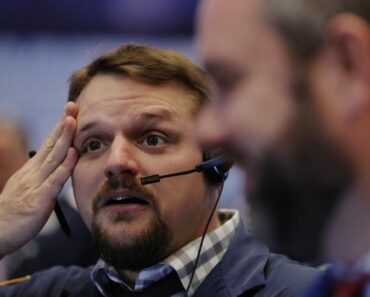This post was originally published on this site

SYDNEY (Reuters) – Australia’s second-largest pension fund plans to open its first overseas office by mid-2024, its chief investment officer said on Friday, the latest retirement manager to look overseas as the country’s pension sector outgrows the home market.
The move will put Australian Retirement Trust (ART), which has A$240 billion ($154 billion) in assets, closer to its private equity and debt managers and help clinch more co-investment deals, where private managers offer investors direct stakes, Chief Investment Officer Ian Patrick told Reuters on Friday.
“There’s no doubt if you are talking to them regularly in their time zone and their market you’re more inclined to get the co-investment flow,” Patrick said.
The fund’s biggest private equity mandates are with HarbourVest (LON:HVPEa), Neuberger Berman (NYSE:NBH), and Stepstone Group (NASDAQ:STEP), according to public filings.
The team will “almost certainly” be based in London and only be small because ART relies mostly on external managers, Patrick said, adding the office would likely open between now and mid-2024.
“We want a little bit of presence in offshore markets but we don’t want to build 100 people, we will do it slowly and surely,” Patrick said.
A decision on a second overseas office would be made 12 to 24 months after the first opens.
Australia’s A$2.4 trillion professional pension sector is increasingly looking to overseas markets to deploy the funds generated by a system which sets aside 11% of a worker’s pay-packet for retirement.
Australian Retirement Trust’s light footprint contrasts with rivals AustralianSuper or Aware Super who are bringing more funds management in-house and recruiting big teams at home and in London and New York.
ART invests roughly two-thirds of all new money funds overseas.
The fund remains moderately overweight Japanese equities despite the 23% run clocked by the benchmark Nikkei 225 this year, Patrick said. Japanese corporate earnings had long lagged OECD averages and the fund first bet in 2019 the gap would narrow.
Patrick also said the fund had some investments in Chinese real estate and private equity, which “has been a more productive way to play some of the thematics of globalisation and growth in China.”
($1 = 1.5603 Australian dollars)


